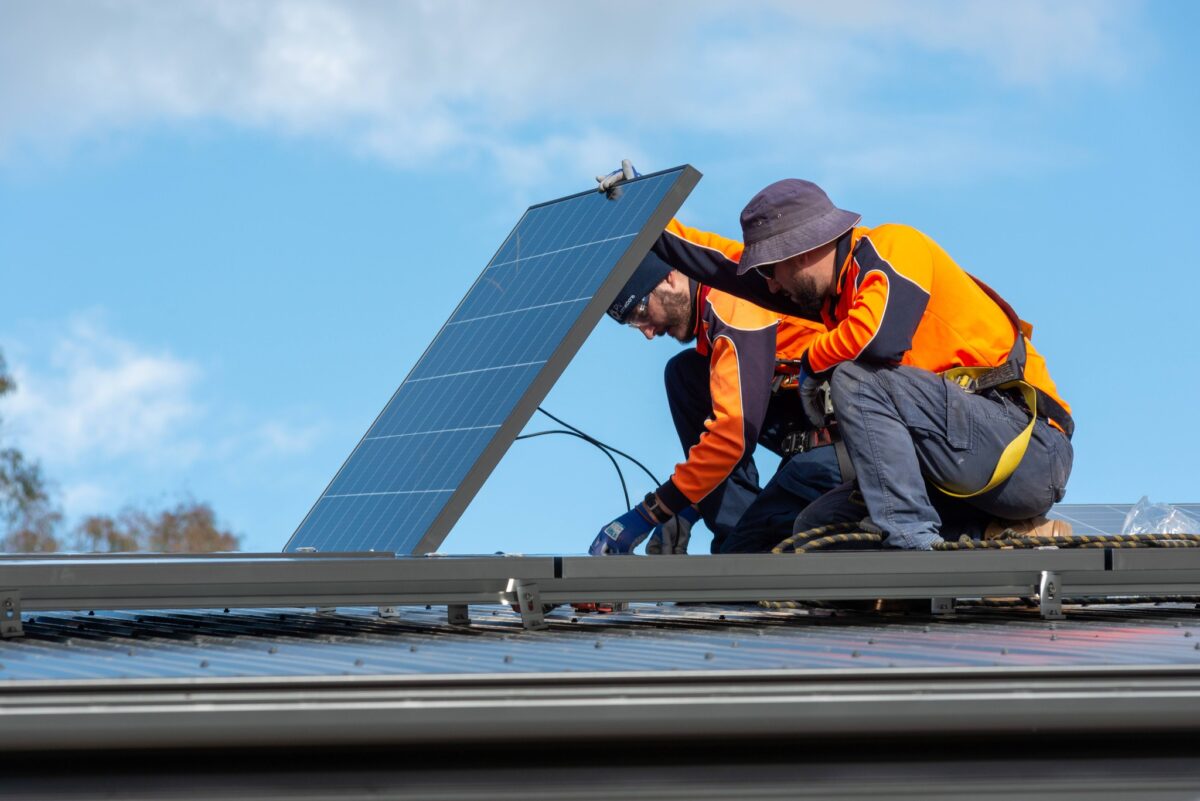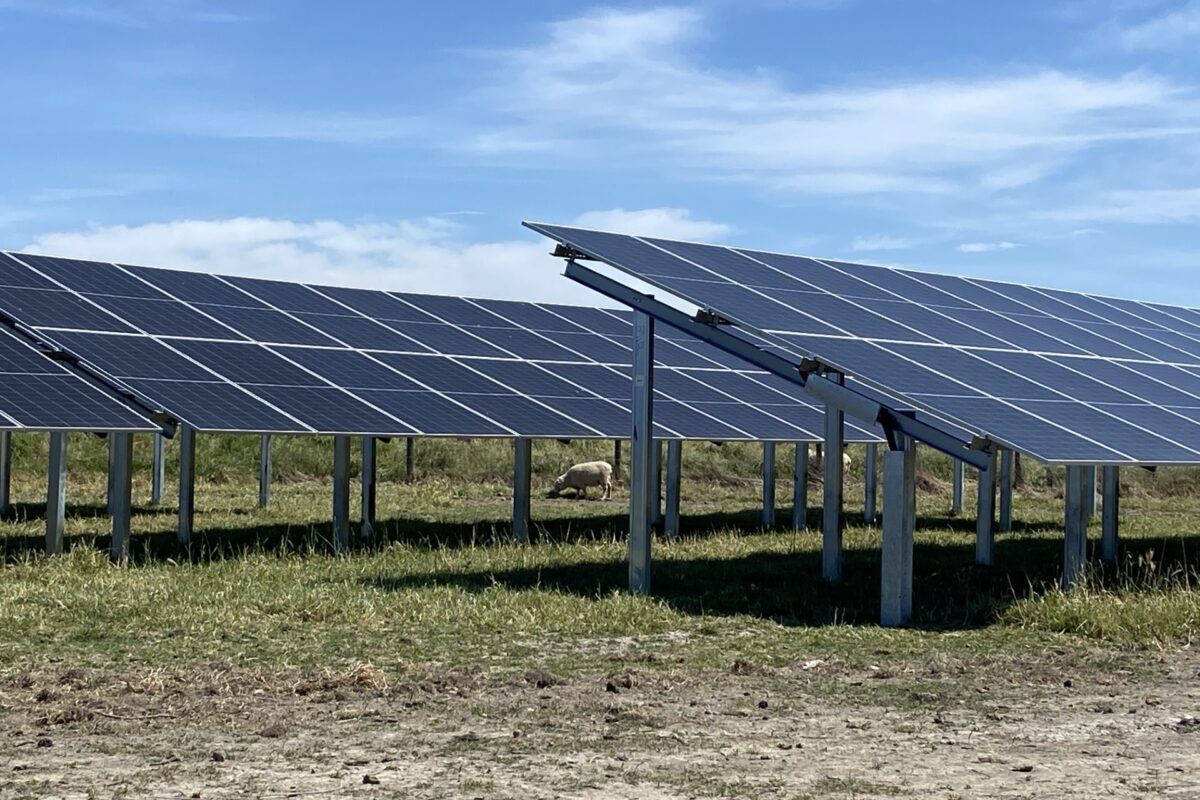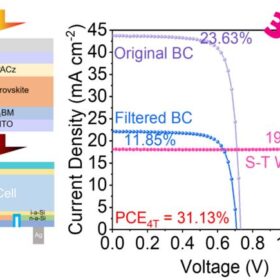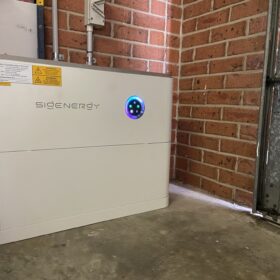In a novel study to further solar waste forecasting in Australia, researchers from the University of Adelaide (UoA), Sophia University, Japan, and Adelaide building company Kennett, have analysed the economic decisions of rooftop solar owners as predictors for future waste.
Published in Elsevier, The rational decommissioning of solar photovoltaic (PV) technologies: evidence from Australia study, used a novel Rational Decommissioning Model (RDM) predicting rooftop solar replacement schedules by consumers.
It found, from 2008-2079 over 95% of Australian small-scale solar systems will undergo early replacement by users seeking to maximise financial return, resulting in an average lifespan of 20.4 years, but causing solar waste to emerge almost a decade before a 30-year warranty ends.
As a result, waste generated is expected to increase substantially, eventually exceeding annual installation capacity, with the effects of decarbonisation predicted to intensify the trend, the researchers say.
The RDM model differs from analysis models that focus on end-of-life technical degradation, such as 80% output loss, to predict the amounts of future waste.
The RDM researchers say one of the model’s limitations, however, include a focus on a total-disposal pathway at decommissioning, and doesn’t consider reuse, second-life, refurbishment, repowering, or resale applications.
The research says due to this limitation, the results may overstate waste where circular options are active.
The study found too, that across different postcodes and states rooftop solar lifespans and waste generation differs, and use of the RDM model would require region-specific policy responses.
This content is protected by copyright and may not be reused. If you want to cooperate with us and would like to reuse some of our content, please contact: editors@pv-magazine.com.









By submitting this form you agree to pv magazine using your data for the purposes of publishing your comment.
Your personal data will only be disclosed or otherwise transmitted to third parties for the purposes of spam filtering or if this is necessary for technical maintenance of the website. Any other transfer to third parties will not take place unless this is justified on the basis of applicable data protection regulations or if pv magazine is legally obliged to do so.
You may revoke this consent at any time with effect for the future, in which case your personal data will be deleted immediately. Otherwise, your data will be deleted if pv magazine has processed your request or the purpose of data storage is fulfilled.
Further information on data privacy can be found in our Data Protection Policy.